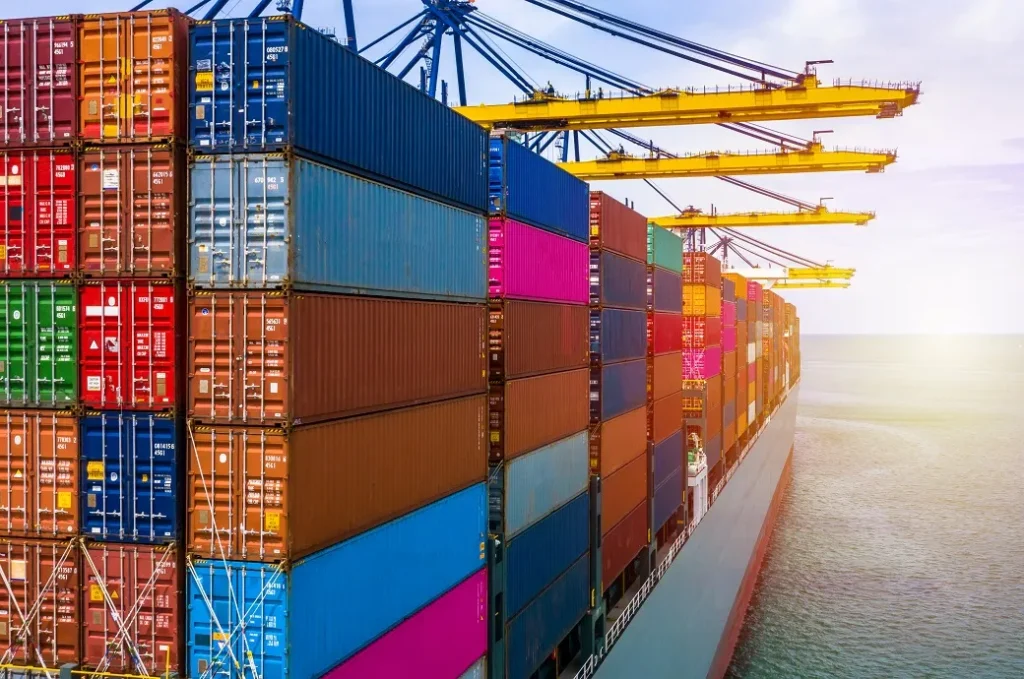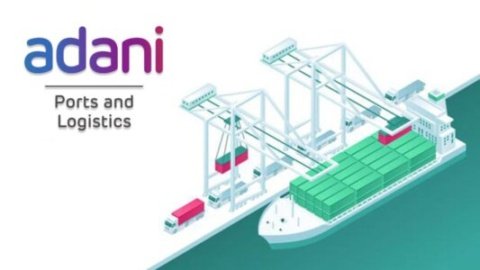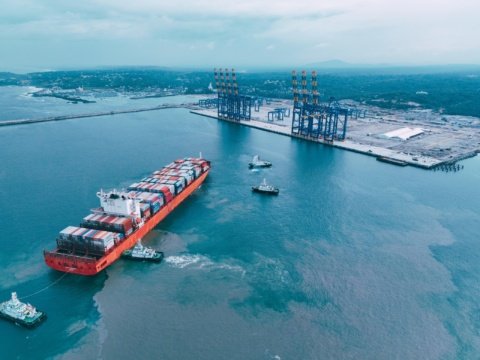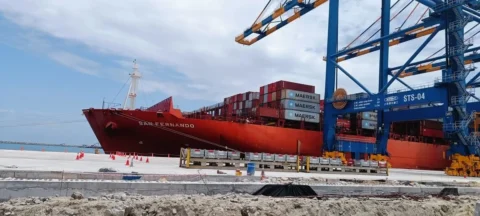The global container fleet is expanding at a pace never before seen as shipyards achieved a new annual record in 2024. According to the latest report from BIMCO, in the first ten months of the year, 410 container ships with a total capacity of 2.5 million TEU have been delivered, which surpassed the 2023 full-year record of 2.3 million TEU. This rapid growth has brought the global container fleet to 2.4 million TEU, or an increase of 8.7%, with a total capacity of 30.4 million TEU on 6,699 ships.
Container fleet increased by 32% since early 2020, a period that witnessed the delivery of 7.8 million TEU, which is a record five-year period, Chief Shipping Analyst Niels Rasmussen said. Ship owners have continued to place orders for new ships at a frenetic pace; in 2024, contracts for an additional 286 ships (3.3 million TEU) have been added to the order book. This has put the order book back up to 7.6 million TEU, which is approximately 25% of the current fleet size.
The drivers for fleet growth are primarily vessels in the size range 12,000 to 17,000 TEU, accounting for 42% of growth since 2020 and close to half of the order book currently. Ultra-large ships of above 17,000 TEU make up a substantial part, comprising 27% of order book capacity.
Although the recycling rate of ships in recent years was low, there is expectation that aged vessels will go back into the recycling market soon. 3.4 million TEU, which will attain the age of 20 years, are in the recycling queue, as they top the list for recycling. The next five-year fleet growth, in fact, would be toned down to about 14 percent if these vessels are recycled.
This record fleet expansion will impact shipping prices, port congestion, and the general logistics environment as the industry tries to adjust to the added capacity and changing market needs.







